Social Value Of Land
The 'public' nature
of land, its communal or 'societal' value, has come under severe strain due to the
widespread adoption of the property "ownership model" in modern land registries
worldwide. In addition, decades of neoliberal policymaking have channeled
financial investments in the built environment, exacerbating this pattern. This
thematic area explores comparatively the processes through which the flow of
financial capital materializes in cities and regions as well as possible strategies
to recover the built environment as a space to live, work, or play.
Research on the
social value of land has two main components. A first analytical component
seeks to unravel the actual materialization of neoliberal policymaking in urban
contexts and to document its repercussions on the spatial fabric of cities (e.g., seafront
coast, public spaces, open areas, housing stock), as well as its social impacts
on families and individuals looking for housing. The second component explores
policy responses and/or activist strategies that can potentially recover the social
value of urban land as a space of shared living. It does so through studying
existing strategies and proposals, and developing alternative, more inclusive
and equitable, interventions (e.g. Beirut Zone 10, You Can Stay in Beirut,
the recovery of public spaces, fighting vacancy).
-
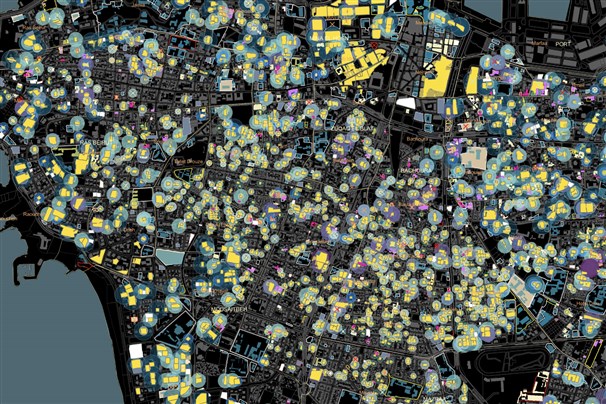
26.08.2025
Project
Beirut Built Environment Database (BBED): New Data Released (2018-2024)
- Social Value Of Land
- Critical Mapping
-
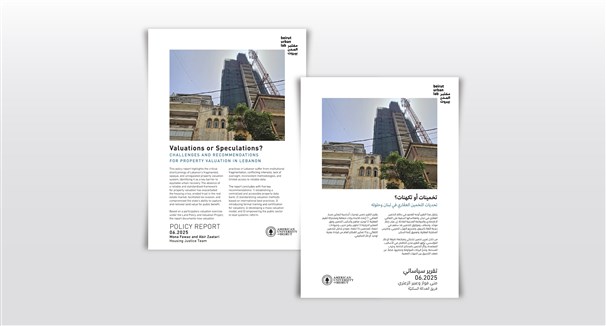
14.07.2025
Publication
Valuations or Speculations? Challenges and Recommendations for Property Valuation in Lebanon
- Social Value Of Land
- Planning Actors and Scales
-
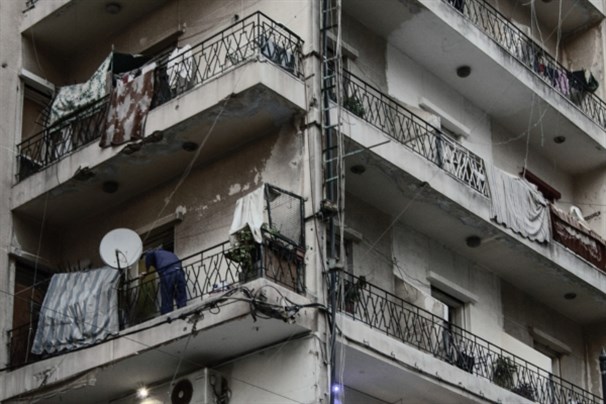
17.12.2024
Project
Echoes of War
- Social Value Of Land
- Critical Mapping
- Spatial Practices
-

16.01.2025
Media Round Up
Beirut Urban Lab in the Media - Israel's Assault on Lebanon
- Social Value Of Land
- Urban Citizenship
- Planning Actors and Scales
- Critical Mapping
- Urban Recovery
-
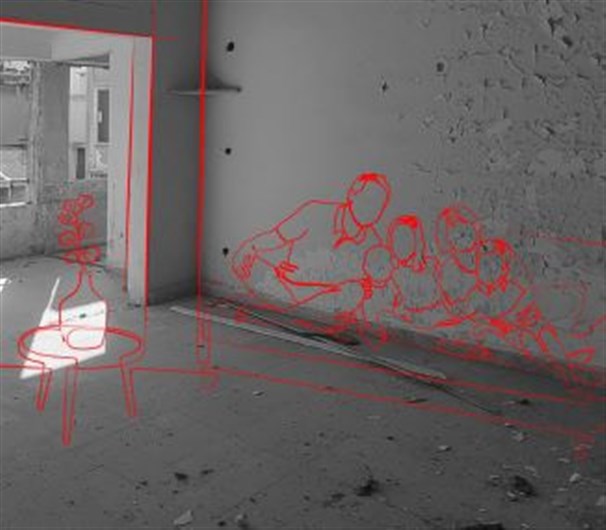
21.11.2024
Our Reflections
Homeless in the City of the 44 Thousand Empty Homes…
- Social Value Of Land
-
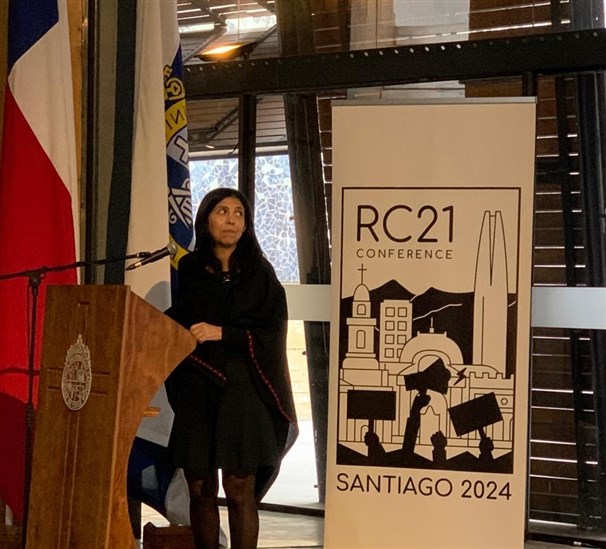
06.08.2024
Video
BUL at the RC21 Conference in Santiago 2024
- Social Value Of Land
-
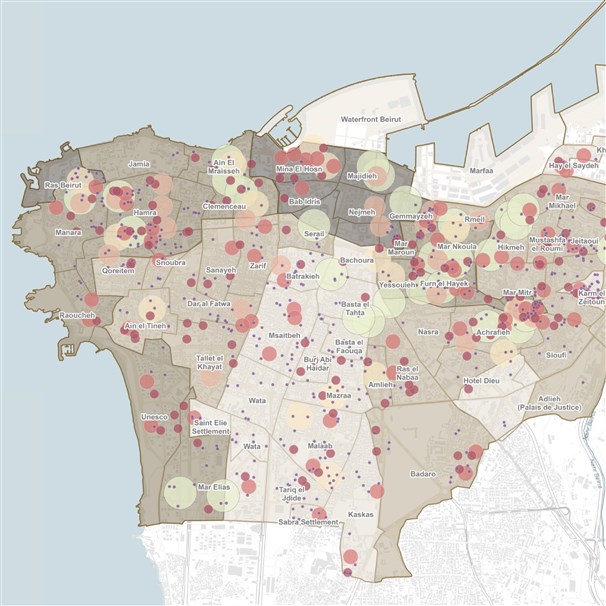
JUNE 2024
Policy Report
Housing Vacancy in Beirut 2023: Drivers and Trends
- Social Value Of Land
- Critical Mapping
-
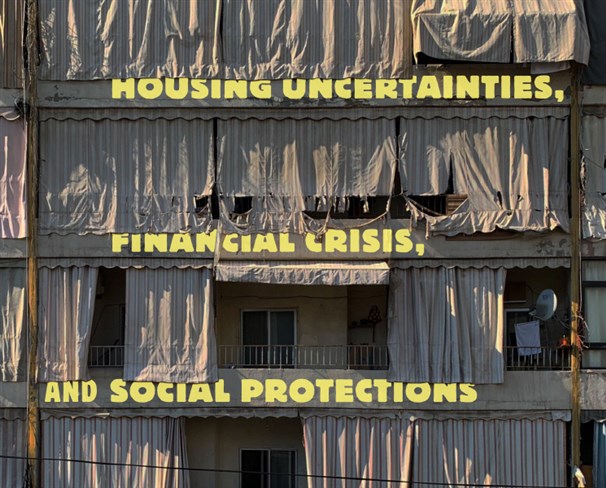
02.10.2023
Video
Virtual Discussion Series: Housing Uncertainties, Financial Crisis, and Social Protections
- Social Value Of Land
- Planning Actors and Scales
-
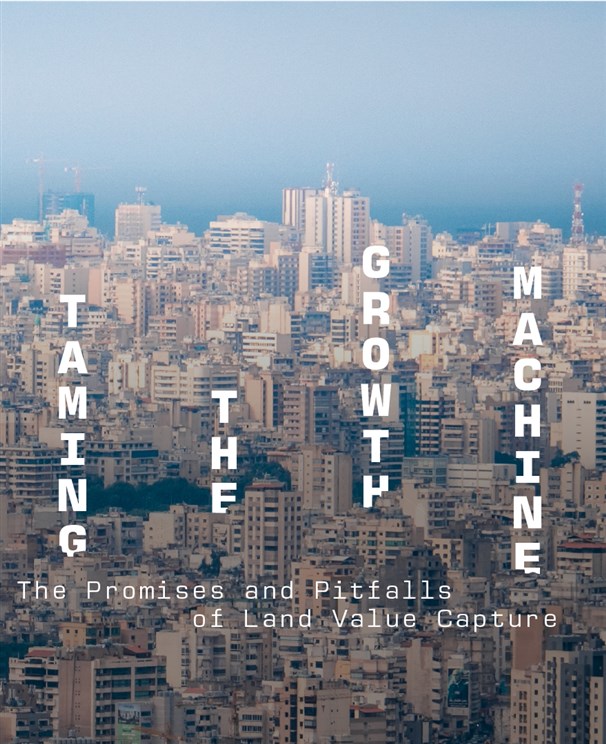
13.09.2023
Conference
City Debates 2023 - Recap Video
- Social Value Of Land
-
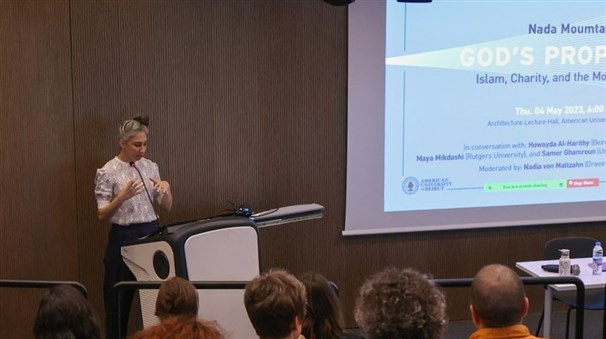
03.07.2023
Book Talk
Book Talk: God’s Property: Islam, Charity, and the Modern State
- Social Value Of Land
-
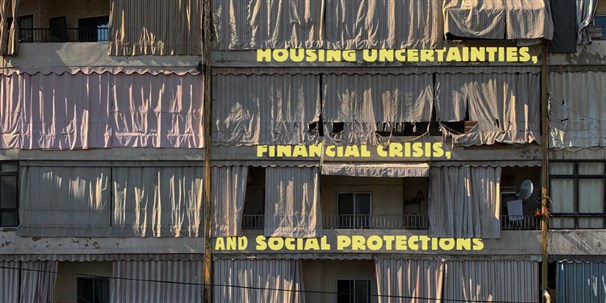
25.05.2023
Virtual Discussion Series
Housing Uncertainties, Financial Crisis, and Social Protections
- Social Value Of Land
- Planning Actors and Scales
-
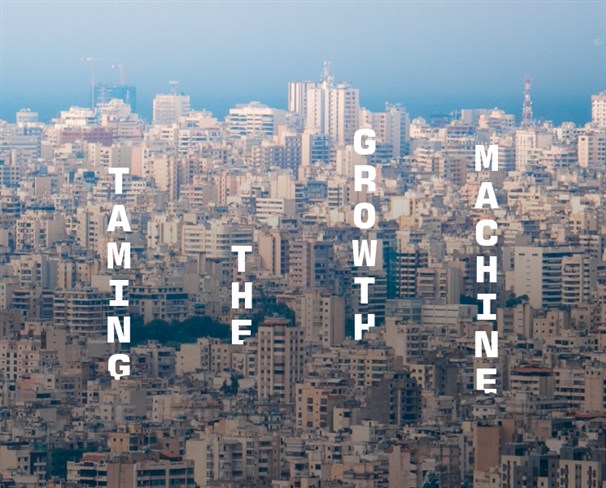
06.03.2023
Conference
City Debates 2023: Taming the Growth Machine, The Promises and Pitfalls of Land Value Capture
- Social Value Of Land
-
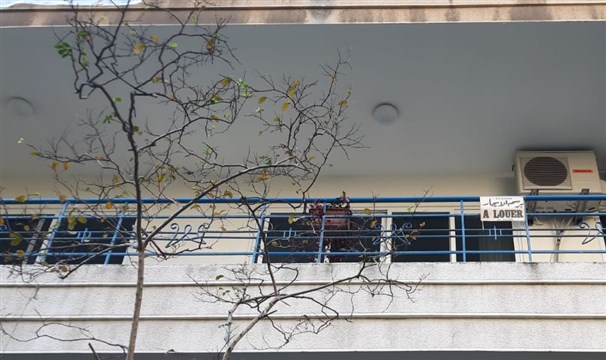
09.12.2022
Project
City of Tenants: A User-fed Platform by and for Beirut's Renters
- Social Value Of Land
- Critical Mapping
-
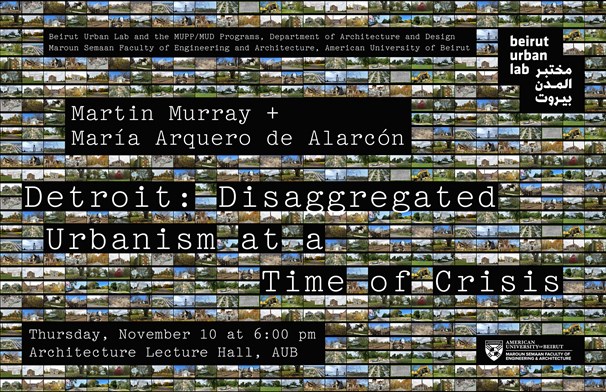
02.11.2022
Public Lecture
Detroit: Disaggregated Urbanism at a Time of Crisis
- Social Value Of Land
-
.jpg)
18.08.2022
Project
Beirut Land Dialogues: Pathways Towards Recovering the Social Value of Urban Land
- Social Value Of Land
- Planning Actors and Scales
-
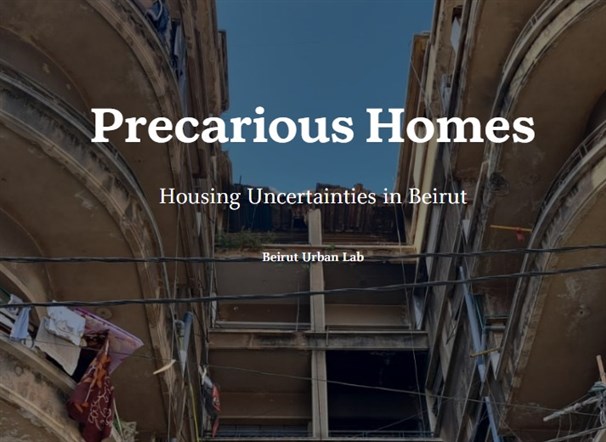
15.07.2022
Project
Precarious Homes - Housing Uncertainties in Beirut
- Social Value Of Land
- Urban Recovery
-
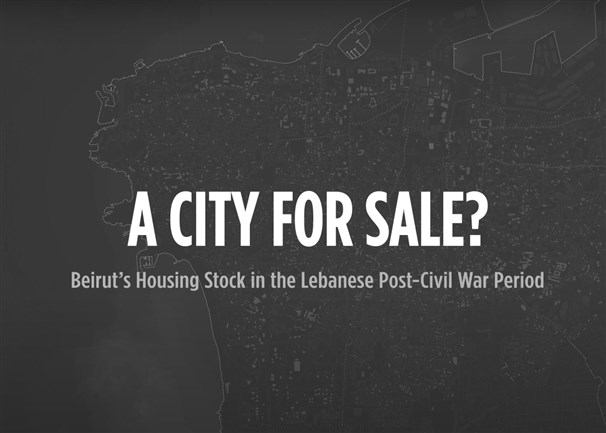
26.05.2022
Video
"Beirut: A City for Sale?" Explainer Video
- Social Value Of Land
- Planning Actors and Scales
- Critical Mapping
-
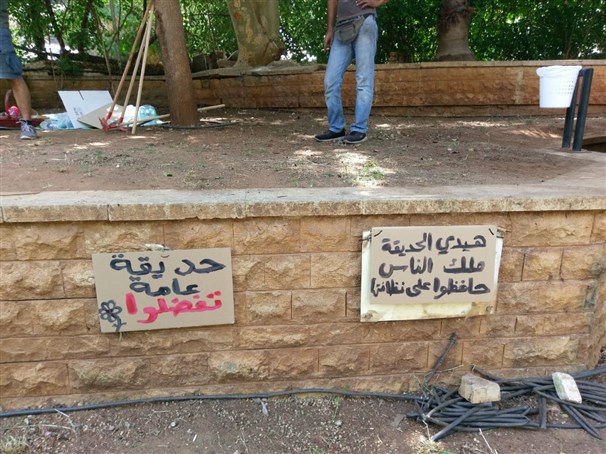
09.12.2020
Article
Urban Vacant Parcels as Opportunities to Reclaim Public Spaces in Times of Crises and Austerity
- Social Value Of Land
- Spatial Practices
- Urban Citizenship